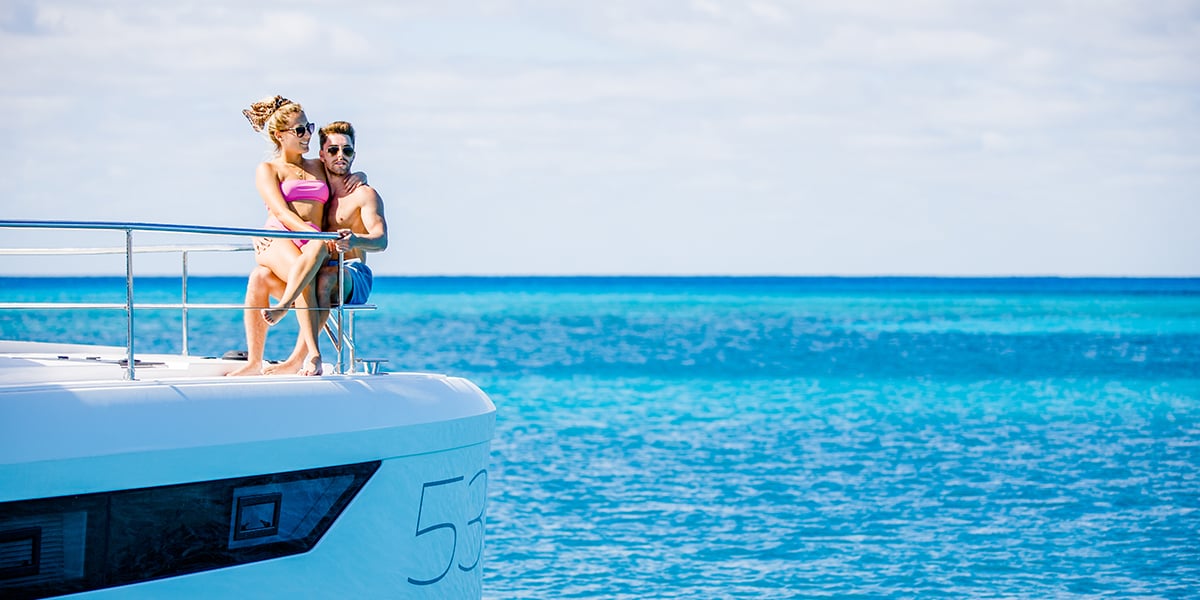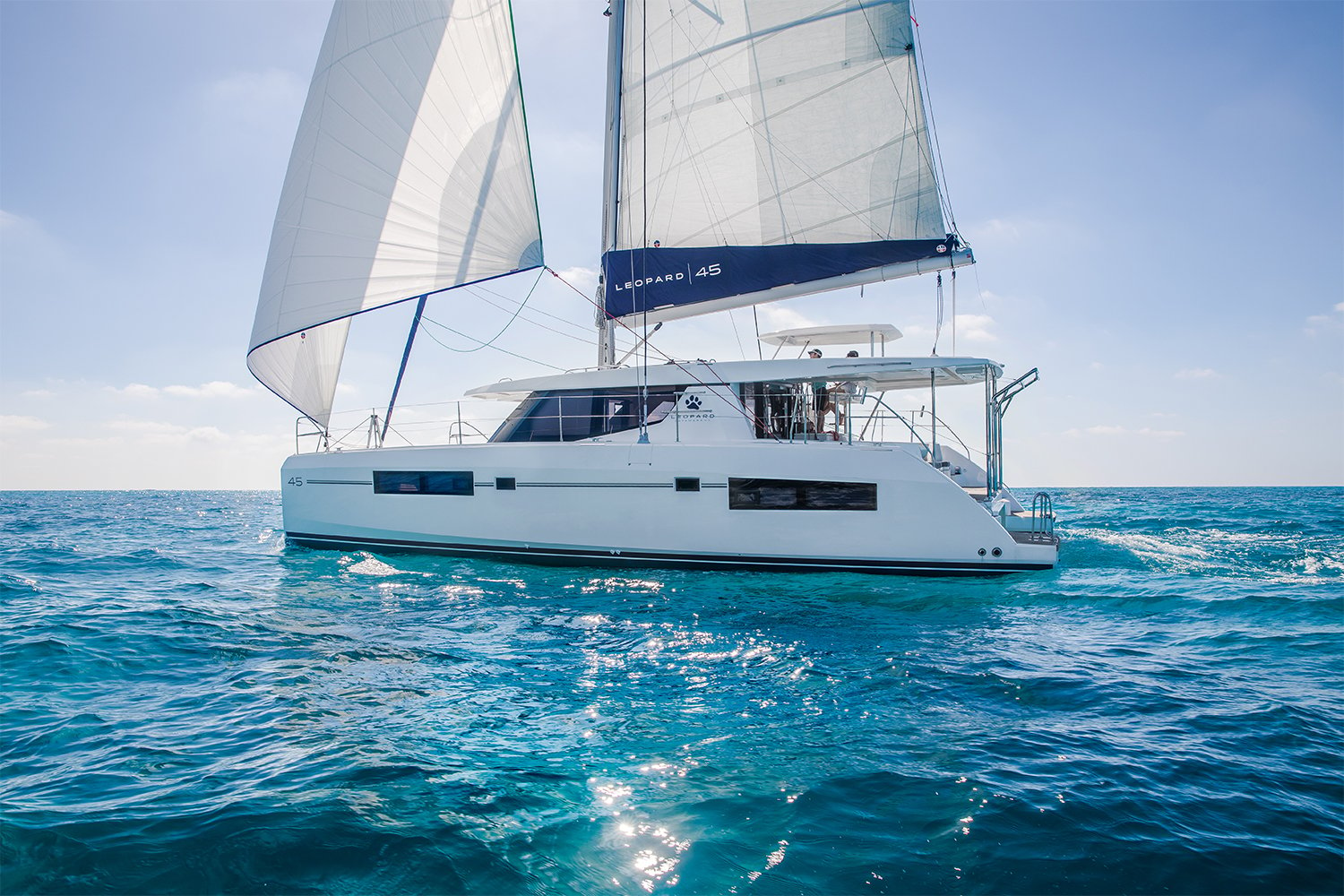The following article is designed to provide prospective yacht owners with an overview of the yacht insurance process. It should in no way be considered guidance. As detailed below, owners are advised to consult with an experienced marine insurance broker when acquiring or modifying their policies.
Setting a course for peace of mind
Successful sailing experiences are built on a foundation of preparation and planning. From the boat’s gear and stores to its course and crew, every aspect of the trip must be thought through and squared away.
The same principle applies to yacht insurance, which is, of course, critical to a safe and relaxing journey. Unlike more common coverages, such as auto or home insurance, yacht insurance requires owners (especially first-timers) to prepare and plan for all sorts of eventualities and events.
Prepping for the right policy
Here are some of the issues would-be policyholders should be prepared to address as they seek the right policy for their yacht.
For openers, first-time yacht owners who expect to pilot their own craft must demonstrate a minimum level of boating experience.
“If you don’t have any experience, an insurance carrier will insure you, but you’ll be required to use a [professional] captain every time you go out on your boat,” says Hugo Hanham-Gross, a yacht insurance specialist with the Hanham Insurance Agency in Fort Lauderdale. “That can really limit your cruising options.”
Gaining experience
Fortunately, there are several easy ways to gain enough maritime experience to satisfy insurance carriers, says Hanham-Gross.
“You don't have to take sailing classes,” he says. ”If your friends have boats, get as much experience as you can on their boats. If you are buying a Leopard, this experience doesn't have to be on a catamaran. It can be on a monohull sailboat. It can even be on a motorboat - just get as much experience as you can.”
It’s important to log those hours - when, where, type of boat - in case the insurance carrier asks for confirmation. Hanham-Gross says this record can be as simple as a series of entries on a smartphone, so long as it’s truthful and accurate.
Learn from the best
Newbies can also meet the experience requirement by hiring a training captain and spending a few days on the water with her. When the captain feels the owners are ready to take the helm, she will sign a document certifying their readiness.
Hanham-Gross recommends submitting a sailing resume with a yacht insurance application. This document should provide carriers with background information about the applicant and detail their relevant boating experience and training. As with any resume, padding is a no-no.
“The carrier doesn’t care that you went sailing with your dad for an hour on a Hobie Cat when you were 13,” says Hanham-Gross.
Caribbean cruising?
Insurance carriers will also want to know where the applicant plans to operate their yacht. The answer may impact both the premiums charged and the yacht owners’ ability to wander. A U.S. waters-only policy, for example, would limit an East Coast policyholder’s ability to adventure in the Caribbean or a SoCal owner’s options down Mexico way.
Yacht owners who plan to spend significant time in the Caribbean should expect to jump through a few more insurance hoops. For example, some carriers will not insure yachts for travel in the Caribbean because of the hurricane threat. Those that do write such policies may require (or incentivize) policyholders to stay out of the region during hurricane season, which runs from June through November.
Applications for Caribbean coverage must typically include a hurricane plan. This document should list the places across the region where the yacht owners will seek shelter if a hurricane looms. The more detailed the plan, the better, says Hahham-Gross.
“The carrier wants to know how will you protect the boat, and what is your backup plan,” he says. “With a hurricane coming, you can’t just weigh anchor and sail 500 miles to the one marina on your list. If you give that answer, the carrier won't write the policy because that attitude shows you aren’t taking the hurricane threat seriously.”
What are your cruising plans?
Insurance carriers will, understandably, also want to know how a prospective policyholder plans to use their yacht. If the applicant plans to live aboard their craft, they should disclose that to the carrier. Carriers have different definitions of “living aboard.” That status typically has only an incremental impact on the owner’s premiums. Most policies do not allow the yacht to be rented unless the renters hire a captain.
Finding the right insurance broker
The requirements and complexities of yacht insurance, which vary widely among carriers, can make the application process seem daunting. For that reason, newcomers are well-advised to work with an experienced yacht insurance broker. Such a professional can help owners determine their insurance needs, identify suitable carriers, and advocate for the owner during the application process and beyond. Building a strong connection with a broker is especially valuable for Leopard owners, says Hanham-Gross.
“That relationship is so important with catamarans because people who buy Leopards aren’t looking to sit in the Chesapeake Bay,” he says. “Their dream is to go to the Caribbean or the South Pacific. I probably talked to my Leopard owners five to six times a year because they constantly have to make changes to their policies.
Let there be no surprises
A broker can also help with the weird things that come up for large boat owners. For example, when you go into a marina now with a big boat, like a catamaran, the operator sometimes requires a certificate of insurance that names the marina as an additionally insured party on the policy.”
A broker is like a pilot. His training and unique expertise are invaluable as a new yacht owner navigates the shallows and channels of insurance towards the open waters of full coverage and the endless adventure it makes possible.


